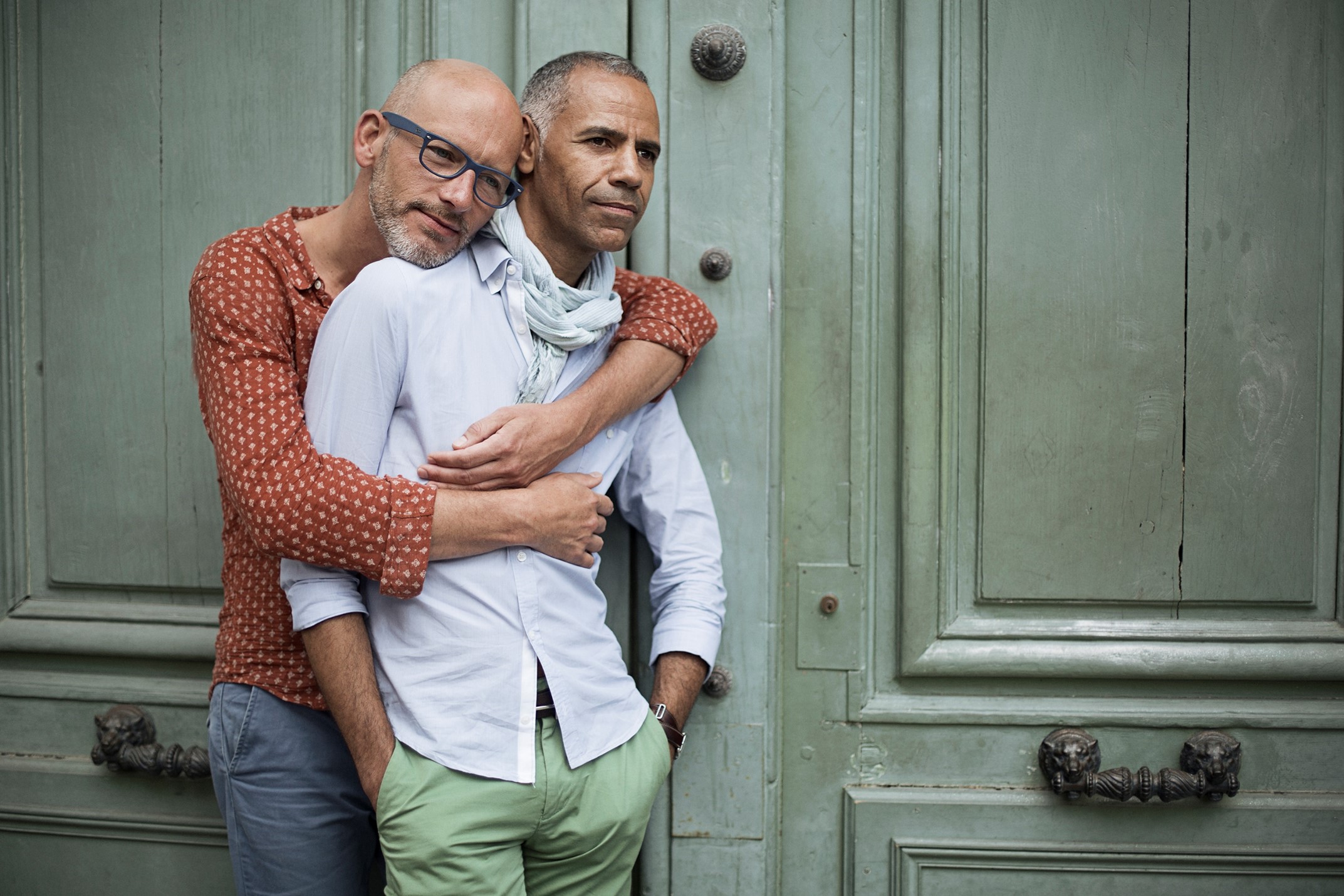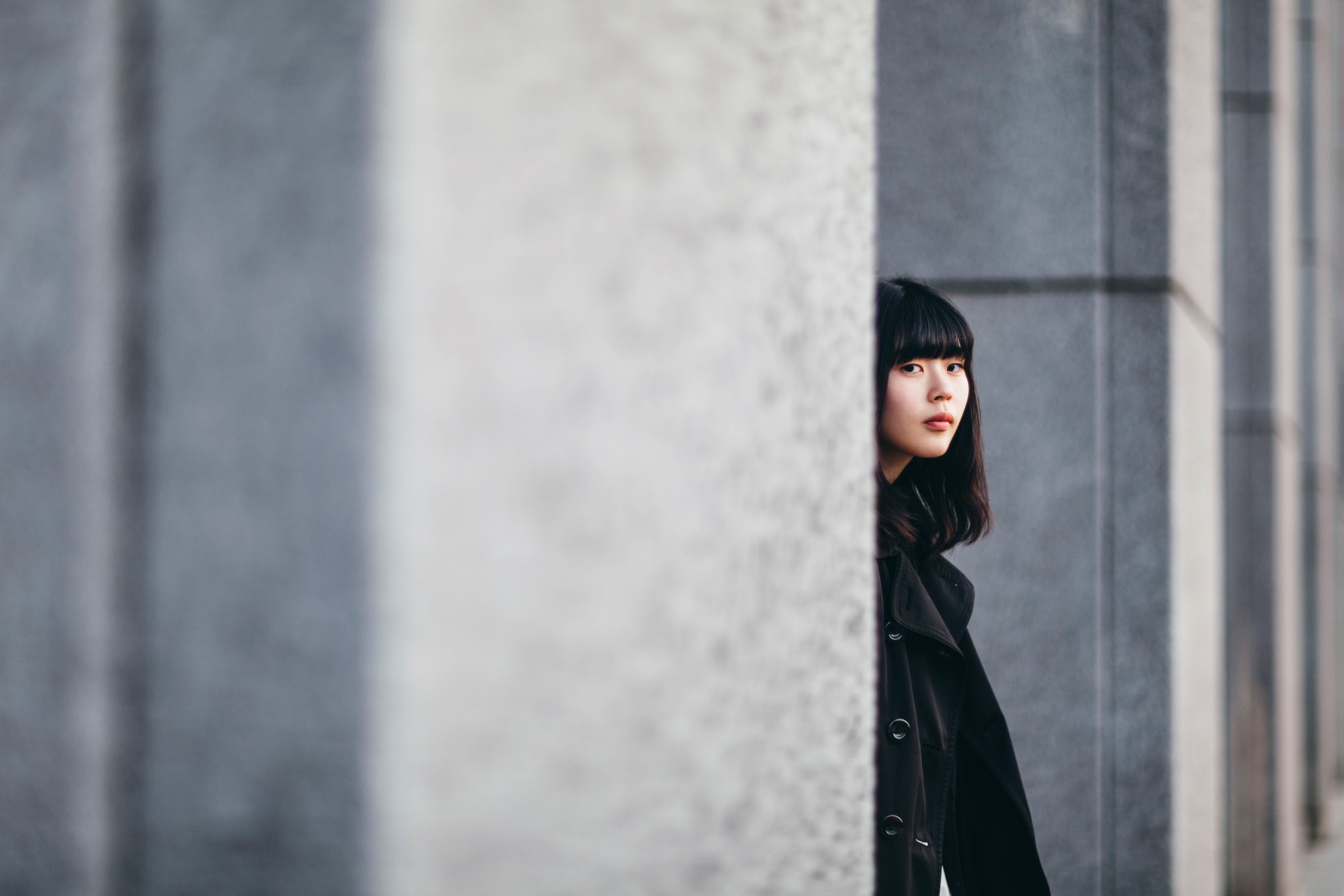Dear friends,
Thanks for joining me again for our purity culture series topic for today. With such constricted ideas about sexuality and relationships, is it any wonder that purity culture casts an especially long shadow over for LGBTQIA+ lives?
Imagine growing up in a world where the very core of your identity is seen as impure. Where the love you feel is labeled as wrong before you even understand it. This is the reality for many LGBTQIA individuals raised in purity culture environments.
The Silence That Screams
One of the most damaging aspects of purity culture for LGBTQIA+ people is the deafening silence around diverse sexualities and gender identities. In a world where heterosexuality is assumed and any deviation is ignored or condemned, LGBTQIA+ youth often grow up without words to describe their feelings. They lack role models, representation, and the basic acknowledgment that their experiences are valid.
This silence can lead to a deep sense of isolation. Clients, friends, and public figures have shared stories of feeling displaced in their own communities, unable to voice their true selves for fear of rejection or worse. The message they internalize is clear: there’s no space for them in this pure, perfect world that’s been painted.
The Burden of Double Shame
Purity culture heaps shame on sexuality in general, but for LGBTQIA+ individuals, this shame is often doubled. Not only are they made to feel ashamed of sexual desires and experiences, but they’re also shamed for the very nature of those desires. It’s like carrying a backpack full of rocks, with new stones added for each aspect of their identity that doesn’t fit the narrow mold.
This internalized shame can lead to anxiety, depression, and a fractured sense of self – its overwhelming aspects affecting every facet of an individual’s life. It can lead to self-loathing, difficulty in forming relationships, and even physical health problems due to chronic stress. Many LGBTQIA+ individuals raised in purity culture describe feeling as if they’re constantly carrying a heavy burden, unable to fully relax or be themselves in any situation.
The Internal Tug-of-War: Identity and Faith
Many LGBTQIA+ individuals raised in purity culture experience an agonizing internal conflict between their faith or cultural background and their true identity. This struggle is particularly challenging for those who have strongly identified with their upbringing. The fear that embracing their identity means betraying everything they’ve been taught can be paralyzing, leading to cycles of self-doubt, depression, and sometimes self-destructive behaviors.
This conflict often manifests as constant cognitive dissonance, pitting innate feelings and desires against internalized teachings from purity culture. This dissonance can create a deep sense of confusion and instability, making it difficult to form a coherent sense of self or make life decisions.
The spiritual aspect of this struggle can be especially significant, with many feeling forced to choose between their spirituality and authentic selves – a false dichotomy causing deep emotional pain. This can lead to a crisis of faith, resulting in either abandonment of religious beliefs or a long, often painful process of reconstructing faith to affirm their identity. The potential loss of a once-comforting spiritual framework can be disorienting, contributing to feelings of isolation, uncertainty, and existential crisis.
The Conformity Conundrum
Purity culture often presents a one-size-fits-all approach to relationships: heterosexual marriage is the goal, and anything else falls short. For LGBTQIA+ individuals, this creates an impossible standard. Some may try to force themselves into straight relationships, hoping that if they just try hard enough, they can become the person they’re “supposed” to be.
Others might avoid relationships altogether, feeling that they can never have the kind of pure, accepted love that purity culture promotes.
Still some decide to pursue the love they deserve, but feel they must hide this relationship from those in their lives who would not accept them. Leading such a double life can have its own negative consequences. Instead of being fully themselves in one life, they must be only partially themselves in two. Such a life of shifting identities takes its toll.
Not only this, but some are so at war within themselves that they turn their unresolved wounds, desires, and confusion onto others who don’t fit the mold. They might speak out against any deviation from the expected way. They might even share their own story of rejecting that part of themselves as a testament to their faithfulness. This has more potential to lead to anger, depression, anxiety, and stunted relational capacities than it has to lead to a life of love and fulfillment.
Challenges in Intimacy and Relationships
When LGBTQIA+ individuals do enter into identity-aligned relationships, the legacy of purity culture can continue to cause problems. Many struggle with feeling that their relationships are inherently less valuable or “pure” than straight ones. They may have difficulty expressing physical affection without feeling guilty, or struggle to communicate about sex and intimacy.
For some, the idea of sex has been so tainted by negative messaging that they find it hard to view it as a positive, healthy part of a loving relationship. This can lead to difficulties in forming and maintaining intimate connections, even when they deeply desire closeness and love. Some individuals may experience sexual dysfunction or avoid sexual intimacy altogether due to the intense guilt and shame associated with it.
Moreover, the lack of positive representation of LGBTQIA+ relationships in purity culture leaves many individuals without models for what a healthy, loving same-sex or non-binary relationship looks like. This can lead to insecurity in navigating their own relationships.
The Risk of Isolation
As LGBTQIA+ individuals begin to embrace their true selves, they often risk losing relationships with family or community members who still adhere to purity culture beliefs. This potential for isolation can make the journey towards self-acceptance even more challenging.
The fear of rejection can be so strong that many individuals choose to hide their true selves, even at great personal cost. Those who do come out may find themselves ostracized from their families, religious communities, or social circles. This loss of support system can be devastating, particularly for young people who may not have established alternative support networks.
In order to prevent identity rejection or ostracization, they might even agree to Conversion Therapy, an antiquated and harmful ‘treatment’ aimed at changing someone’s sexual orientation or gender identity as if it were an illness to be cured. This intervention has been shown to cause numerous negative effects including depression, anxiety, low self-esteem, increased suicide risk, trust issues, self-hatred, substance abuse, and delayed self-acceptance.
Impact on Mental and Physical Health
The stress of living with these conflicts and pressures can have serious implications for both mental and physical health. Like with conversion therapy, LGBTQIA+ individuals who have been exposed to purity culture teachings are at higher risk for:
- Depression and anxiety disorders
- Substance abuse problems
- Eating disorders
- Self-harm behaviors
- Suicidal thoughts or attempts
Additionally, the shame and fear associated with seeking healthcare, particularly sexual health services, can lead to neglect of important preventive care and delayed treatment of health issues.
Breaking Free: Cultivating Self-Love and Acceptance
While the impact of purity culture on LGBTQIA+ individuals can be severe, healing is possible. Here are some steps that can help:
- Find your community: Connecting with other LGBTQIA+ individuals, especially those who’ve had similar experiences with purity culture, can be incredibly validating and supportive.
- Educate yourself: Learn about LGBTQIA+ history, identities, and experiences. Knowledge can be a powerful antidote to the misinformation of purity culture.
- Redefine purity: Consider what true purity means to you. Many find that concepts like honesty, consent, and mutual respect resonate more than traditional ideas of sexual purity.
- Seek affirming spiritual spaces: If faith is important to you, look for LGBTQIA+-affirming religious or spiritual communities that can help you reconcile your identity with your beliefs.
- Practice self-compassion: Be gentle with yourself as you unlearn harmful messages. Healing takes time, and it’s okay to struggle.
- Consider therapy: A therapist experienced in LGBTQIA+ issues and religious trauma can provide valuable support and guidance. Feel free to reach out to us if you’d like to explore this option with Soul In Motion.
- Celebrate your identity: Find ways to honor and celebrate who you are. Pride isn’t just an event; it’s a radical act of self-love!
The Journey Towards Authenticity
Breaking free from purity culture’s influence is a journey, not a destination. It’s about slowly untangling those invisible threads that have bound you, examining each one, and deciding which to keep and which to let go. This process can be painful, but it can also be incredibly liberating.
Remember, your identity is not a flaw to be fixed or a sin to be forgiven. It’s a beautiful, integral part of who you are. You deserve love, respect, and the freedom to be your authentic self.
For LGBTQIA+ individuals healing from purity culture, the path forward isn’t about rejecting all values or beliefs. It’s about finding a way to honor your true self while holding onto the parts of your background that still resonate with you. It’s about writing your own story of love, identity, and yes, even purity – one that includes and celebrates all of who you are.
Your love is pure. Your identity is valid. And you are worthy of a life filled with joy, connection, and authenticity.









